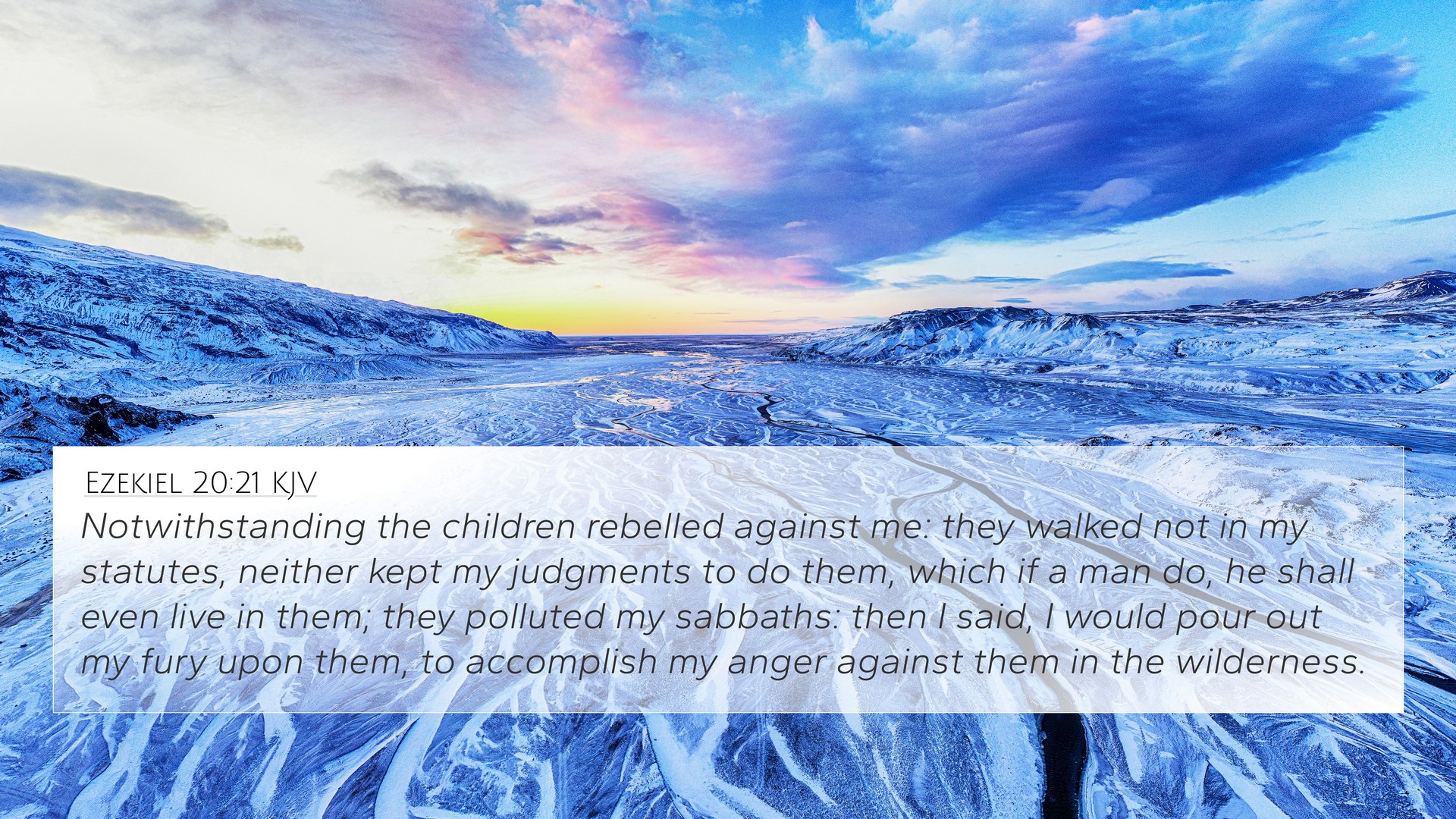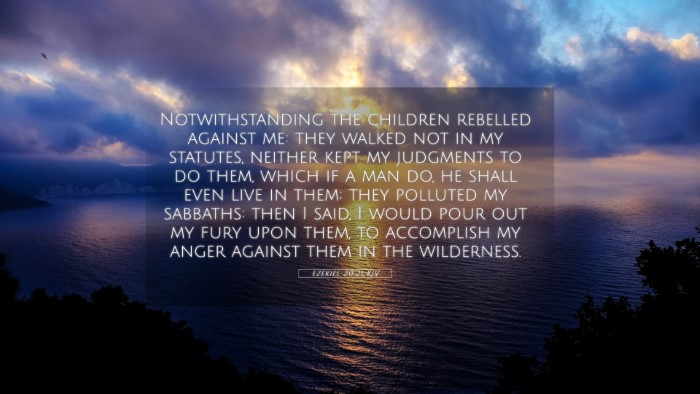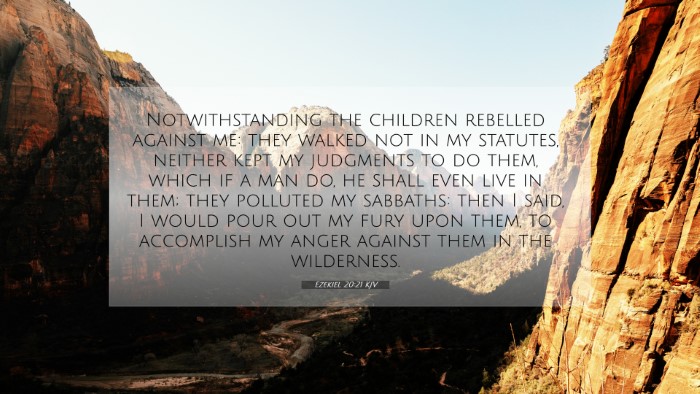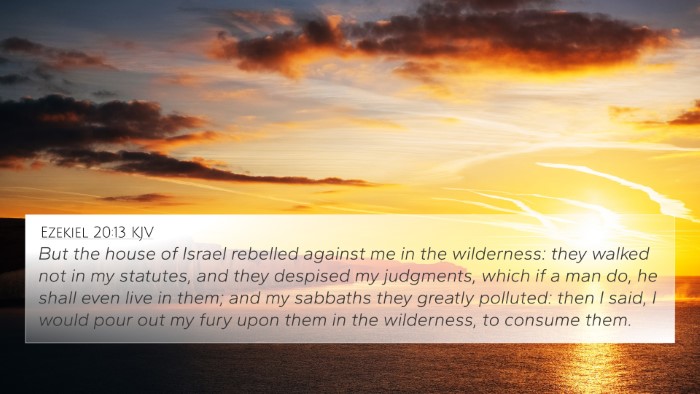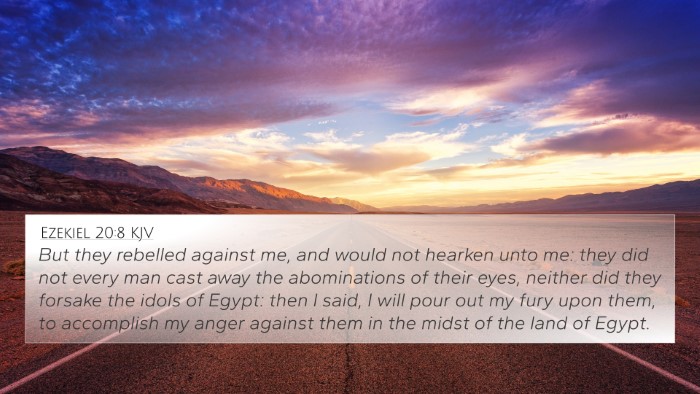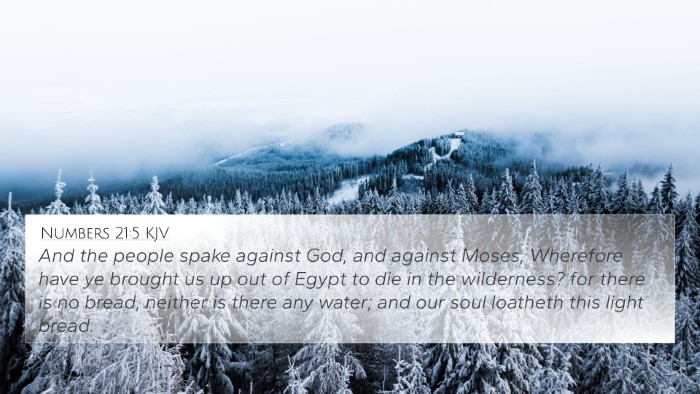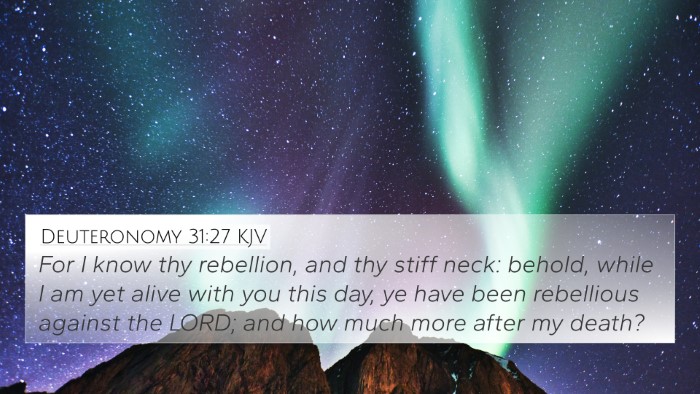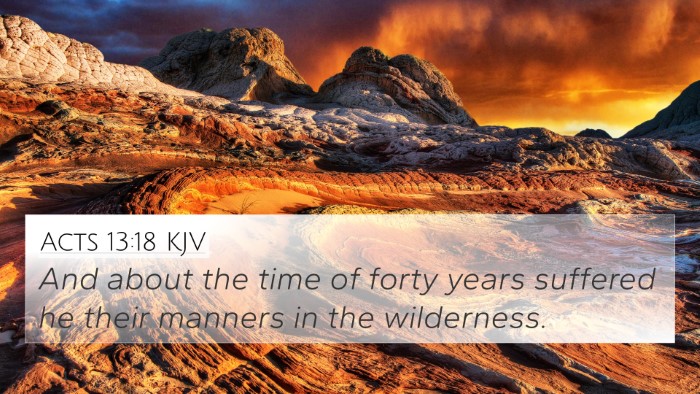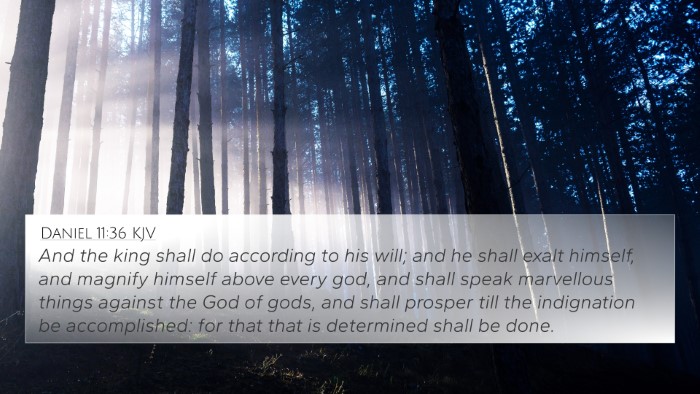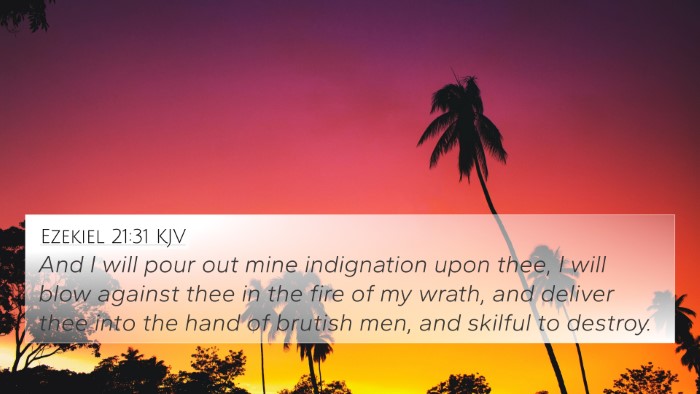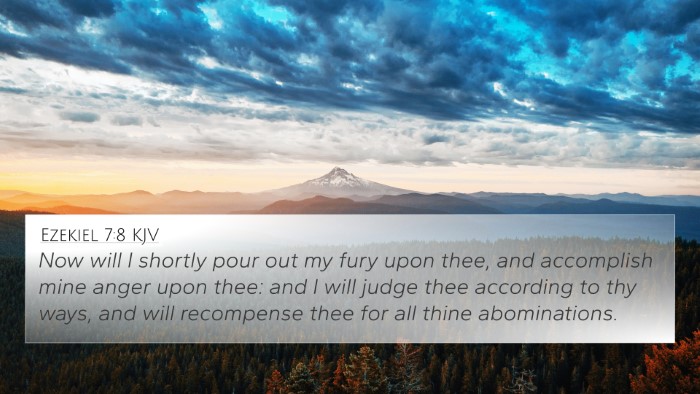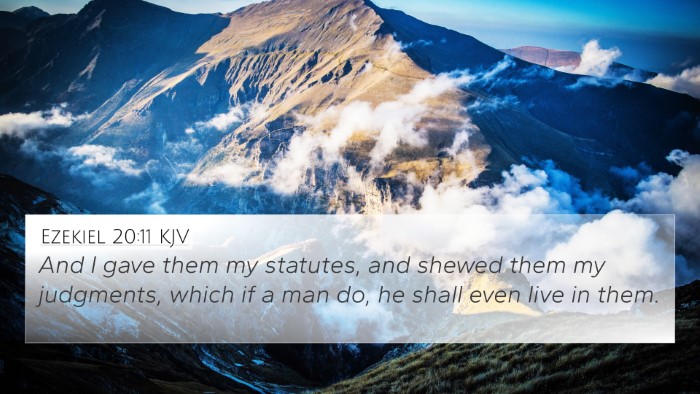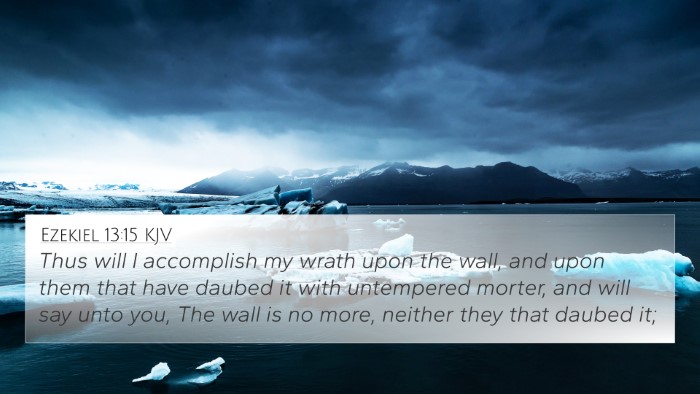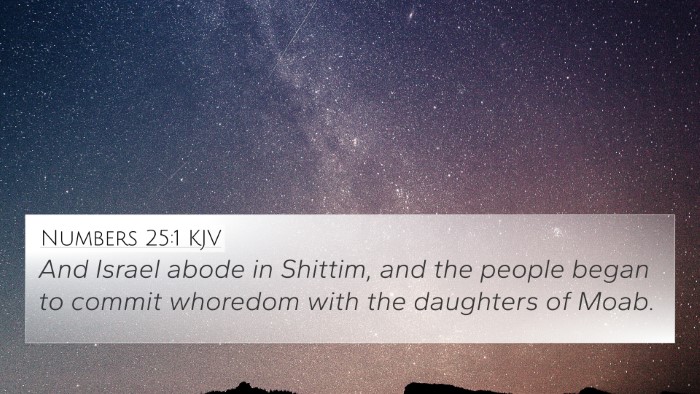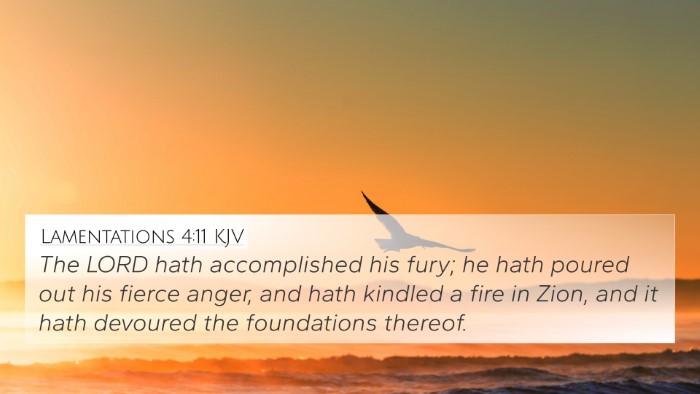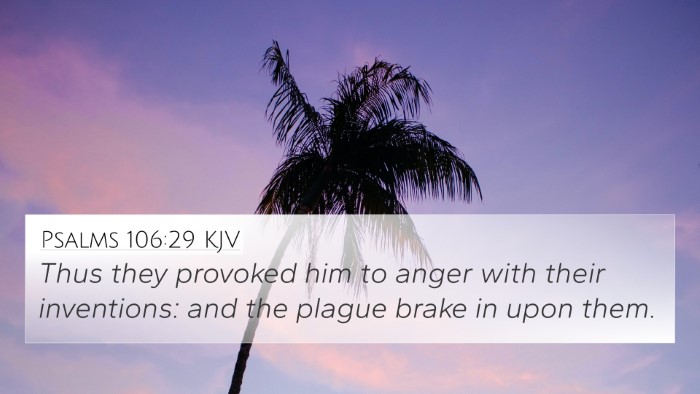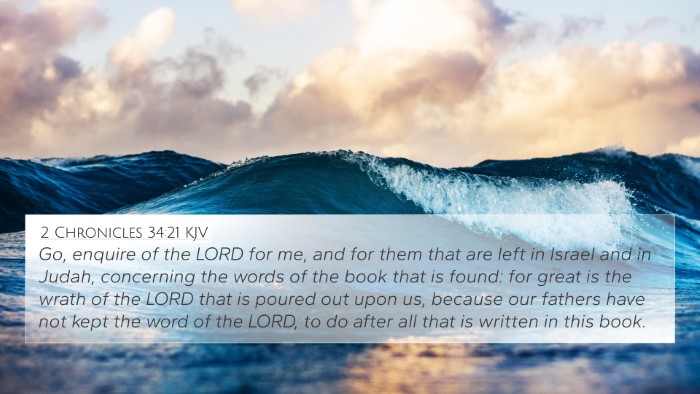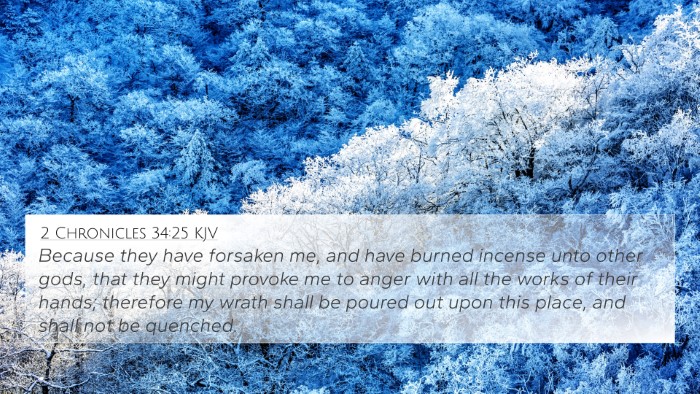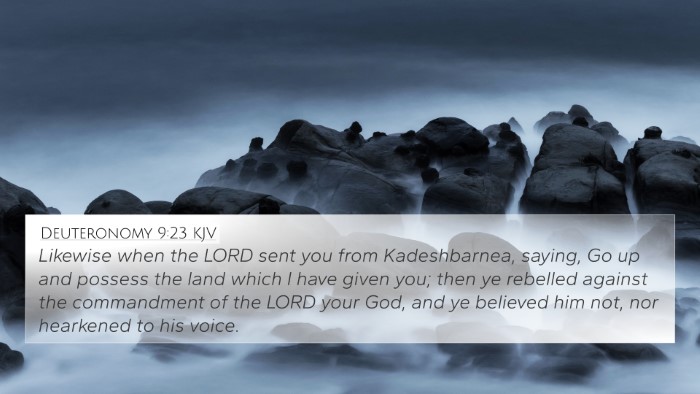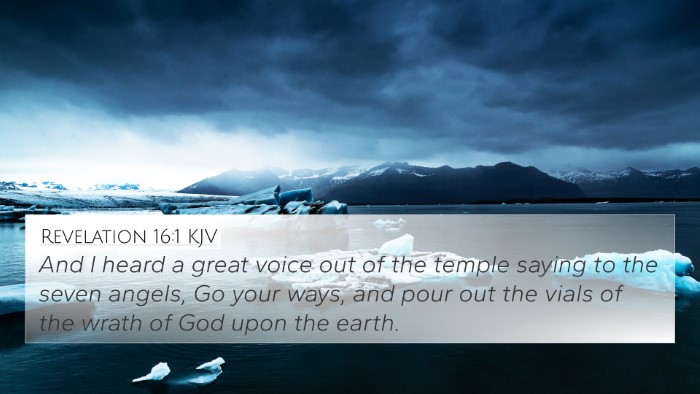Ezekiel 20:21 - Understanding and Interpretation
Bible Verse: Ezekiel 20:21 - “Nevertheless, the children rebelled against me: they walked not in my statutes, neither kept my judgments to do them, which if a man do, he shall even live in them; they polluted my sabbaths: then I said, I would pour out my fury upon them, to accomplish my anger against them in the wilderness.”
Summary of Meaning
This verse highlights the persistent rebellion of the children of Israel against God's commandments. Despite God's clear statutes and judgments, the people chose to disobey and defile His sabbaths, prompting God to express His anger and intentions to punish them.
Insights from Public Domain Commentaries
Matthew Henry: Henry notes that this passage reflects the ungratefulness of Israel, who despite experiencing God's mercy, continued to rebel. He emphasizes the importance of obedience to God's commands and the consequences of disregarding them. Henry points out that their refusal to keep the statutes is a common theme throughout the history of Israel.
Albert Barnes: Barnes interprets this verse as a stark warning against disobedience. He highlights that the sabbaths represent a special covenant between God and His people, which they violated. Barnes emphasizes that true life is found in adherence to God's law, and the rebellion leads to inevitable consequences. His interpretation stresses the notion that God's judgments are a response to human actions.
Adam Clarke: Clarke elaborates on the consequences of turning away from divine laws, linking Israel's rebellion to a broader disobedience seen throughout the biblical narrative. He discusses the historical context of their disobedience and how it serves as a reminder for future generations about the importance of fidelity to God’s commandments. Clarke draws parallels with other instances of divine judgment in scripture, showing the recurring theme of God’s response to transgression.
Cross-References and Related Verses
This verse connects with several others that elucidate the themes of rebellion, judgment, and the importance of adhering to God's laws:
- Exodus 31:14: “You shall keep the sabbath, therefore, for it is holy to you.” - Emphasizes the significance of the sabbath as a holy time set apart for God's people.
- Leviticus 26:14-16: “But if you do not obey me... I will send a terror upon you.” - Highlights the consequences of disobedience similar to Ezekiel’s warning.
- Deuteronomy 30:15-20: “See, I have set before you today life and good, death and evil.” - Stresses the choice between obedience (life) and disobedience (death).
- Isaiah 58:13-14: “If you turn away your foot from the Sabbath, from doing your pleasure on My holy day...” - Connects the importance of honoring the sabbath with receiving God's blessings.
- Jeremiah 17:27: “But if you will not heed me to hallow the sabbath day... then I will kindle a fire in its gates.” - A warning of judgment for not keeping the sabbath.
- Hebrews 4:9: “There remains therefore a rest for the people of God.” - Reflects on the importance of rest, connecting to the sabbath theme.
- Romans 2:6-8: “Who will render to each one according to his deeds.” - Addresses divine judgment based on human actions.
Thematic Connections and Comparative Analysis
This passage can be viewed within the broader context of Israel's history of rebellion and God's enduring faithfulness. Thematically, it resonates with the ideas of:
- Divine Judgment: Repeated disobedience leads to God’s wrath.
- Mercy and Long-Suffering: Despite Israel's rebellion, God continues to offer chances for repentance.
- The Contrast of Life and Death: Obedience brings life, while disobedience leads to judgment.
Importance of Cross-Referencing in Biblical Study
Understanding Ezekiel 20:21, and its implications can be greatly enhanced through the practice of cross-referencing. Utilizing tools for Bible cross-referencing and a proper Bible concordance can aid in:
- Linking Bible scriptures for deeper understanding.
- Identifying connections between Old and New Testament principles.
- Exploring thematic connections that span across various texts.
- Engaging in comparative Bible verse analysis to uncover rich meanings.
- Utilizing a Bible cross-reference guide to find relevant verses more easily.
Conclusion
In conclusion, Ezekiel 20:21 serves as a poignant reminder of the consequences of disobedience, the significance of God's commandments, and the continued relevance of these teachings. The connections between this verse and others enhance our understanding and appreciation of God’s justice and mercy throughout scripture.
